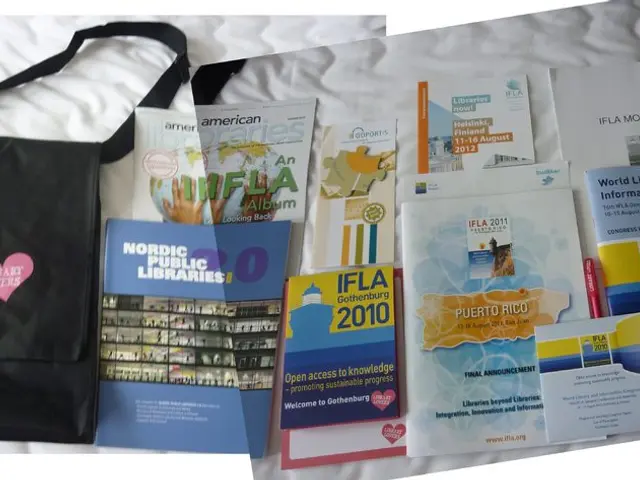GenZero & World Economic Forum Launch Green Fuel Forward Initiative to Boost Asian SAF Demand
GenZero and the World Economic Forum have launched the Green Fuel Forward initiative to boost demand for sustainable aviation fuel (SAF) in Asia. The initiative aims to make SAF cheaper and stimulate demand, while signaling producers to invest in supply. Currently, uniform policies and mandates across Asia are lacking, hindering widespread SAF production and use.
The initiative, which brings together airlines, logistics providers, and corporates, supports the offtake of green jet fuel through SAF credits. SAF credits represent one metric tonne of SAF and can be purchased by entities outside the aviation industry to offset their Scope 3 emissions. Sixteen organizations have joined GenZero's initiative to test purchase SAF and SAF credits by next year.
SAF is key to decarbonizing the aviation sector, which accounted for 2.5% of global energy-related carbon emissions in 2023. However, in 2025, SAF costs about US$2,500 per tonne, about 3.8 times the cost of traditional fuel. Southeast Asia has abundant feedstock resources for SAF production but struggles with turning production capacity into actual consumption. Singapore's SAF mandate model, implemented through a levy on air tickets, is praised as an innovative way to boost demand for green jet fuel.
The Green Fuel Forward initiative aims to make SAF cheaper and more accessible, driving demand and encouraging producers to invest in supply. With 16 organizations already on board, the initiative is poised to test purchase SAF and SAF credits by next year, marking a significant step towards decarbonizing the aviation sector in Asia.
Read also:
- Ledger Art: A Timeless Plains Indian Tradition That's Still Captivating Collectors Today
- Uncovered: Sprint star Gout Gout's surprising vehicle choice following a $6 million contract - a Hyundai - delivers a startling reflection on Australian endorsements
- Festival spanning two days in Bamberg potentially featuring a notable attendee?
- Spectacular Train Rides Offering Canada's Most Awe-Inspiring Panoramas








